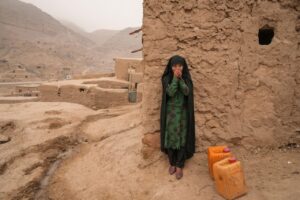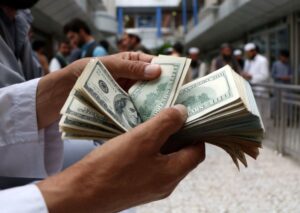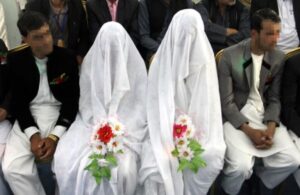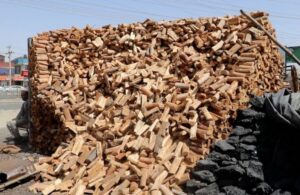MONITORING (SW) – Iranians started voting on Friday for a new president following the death of Ebrahim Raisi in a helicopter crash, choosing from a tightly controlled group of four candidates loyal to the supreme leader at a time of growing public frustration.
State television showed queues inside polling stations in several cities. More than 61 million Iranians are eligible to vote. Polls were due to close at 6 p.m. (1430 GMT), but are usually extended as late as midnight.
The election coincides with escalating regional tension due to war between Israel and Iranian allies Hamas in Gaza and Hezbollah in Lebanon, as well as increased Western pressure on Iran over its fast-advancing nuclear programme.
While the election is unlikely to bring a major shift in the Islamic Republic’s policies, its outcome could influence the succession to Ayatollah Ali Khamenei, Iran’s 85-year-old supreme leader, in power since 1989.
Khamenei called for a high turnout to offset a legitimacy crisis fuelled by public discontent over economic hardship and curbs on political and social freedom.
“The durability, strength, dignity and reputation of the Islamic Republic depend on the presence of people,” Khamenei told state television after casting his vote. “High turnout is a definite necessity.”
Voter turnout has plunged over the past four years, as a mostly youthful population chafes at political and social curbs.
Manual counting of ballots means it is expected to be two days before the final result is announced, though initial figures may come out around midday on Saturday.
If no candidate wins at least 50% plus one vote from all ballots cast, including blank votes, a run-off round between the top two candidates is held on the first Friday after the election result is declared.
Three candidates are hardliners and one is a low-profile comparative moderate, backed by the reformist faction that has largely been sidelined in Iran in recent years.
Critics of Iran’s clerical rule say the low and declining turnout of recent elections shows the system’s legitimacy has eroded. Just 48% of voters participated in the 2021 election that brought Raisi to power, and turnout hit a record low of 41% in a parliamentary election three months ago.
The next president is not expected to usher in any major policy shift on Iran’s nuclear programme or support for militia groups across the Middle East, since Khamenei calls all the shots on top state matters.
However, the president runs the government day-to-day and can influence the tone of Iran’s foreign and domestic policy.






